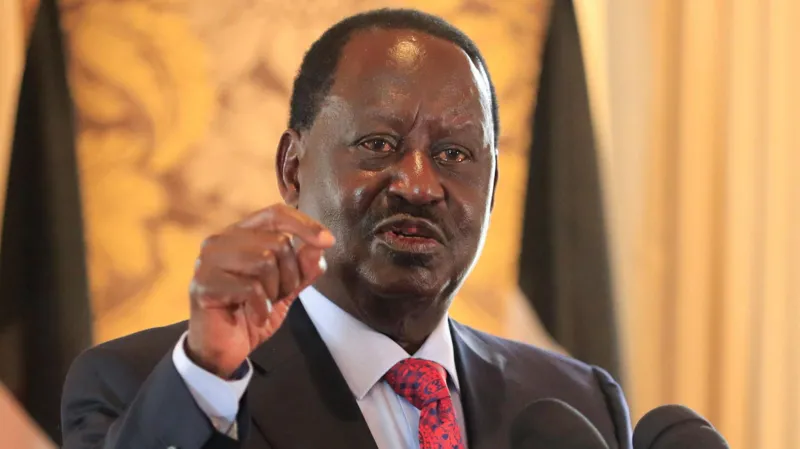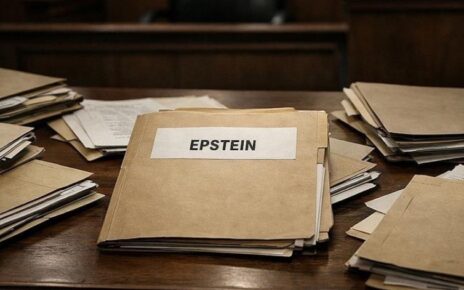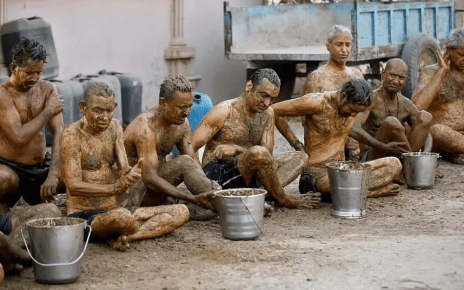Former Kenyan Prime Minister and veteran opposition leader Raila Amolo Odinga has died at the age of 80, family sources have confirmed to the BBC.
Odinga passed away on Wednesday while undergoing medical treatment at a hospital in India, where he had been receiving care in recent weeks.
For months, speculation had been rife regarding his health, but his family and close political allies had repeatedly dismissed reports that he was critically ill.
A Towering Figure in Kenyan Politics
Raila Odinga was a towering and transformative figure in Kenya’s political landscape. A passionate reformist, strategist, and mass mobiliser, he ran for the presidency five times but never succeeded in securing the top seat.
Each time he lost, Odinga rejected the results, claiming that his victory had been stolen. His persistence was vindicated after the 2017 general elections, when the Supreme Court of Kenya annulled President Uhuru Kenyatta’s victory—a first in Africa—on grounds of electoral irregularities. Despite this triumph, Odinga boycotted the subsequent repeat election, insisting on comprehensive electoral reforms before participating again.
Throughout his political career, he displayed a remarkable ability to reconcile with rivals, often extending olive branches to presidents with whom he had fiercely contested power.
Later Years and National Unity Efforts
After his defeat in the 2022 presidential election, Odinga surprised many by joining forces with President William Ruto in what was termed a broad-based government. The move brought several of his allies into key government positions.
Odinga defended the decision as a necessary step toward national unity, following widespread anti-government protests in 2024 that culminated in the storming of parliament. Those demonstrations left dozens dead after violent confrontations with security forces.
Earlier this year, Odinga received strong backing from the Kenyan government and regional leaders in his bid to become Chairperson of the African Union Commission. However, despite enjoying considerable support across the continent, he narrowly lost to Djibouti’s Mahmoud Ali Youssouf.
A Legacy of Struggle and Sacrifice
Born in western Kenya, Odinga inspired a passionate and loyal following, earning affectionate nicknames such as “Baba” (Father), “Agwambo” (Act of God), and “Tinga” (Tractor)—the latter derived from his party’s symbol in the 1997 elections.
He will be remembered as a champion of democracy, human rights, and social justice. A former political prisoner, Odinga spent nearly a decade in detention, making him Kenya’s longest-serving detainee. He was imprisoned twice—between 1982 and 1988, and again from 1989 to 1991—for his involvement in movements that challenged the repressive one-party regime of President Daniel arap Moi.
His imprisonment followed accusations of participating in the 1982 coup attempt against Moi’s government, a turning point that propelled him to national prominence.
Kenya Mourns a National Icon
As news of his death spreads, tributes have begun pouring in from across Kenya and beyond. Political leaders, foreign governments, and citizens have described Odinga as a visionary leader, a freedom fighter, and a symbol of resilience whose influence transcended generations.
Raila Odinga’s life story is one of enduring struggle, unyielding courage, and unwavering belief in a better Kenya. Though he never attained the presidency, his legacy as a defender of democracy and people’s rights will live on for generations to come.



